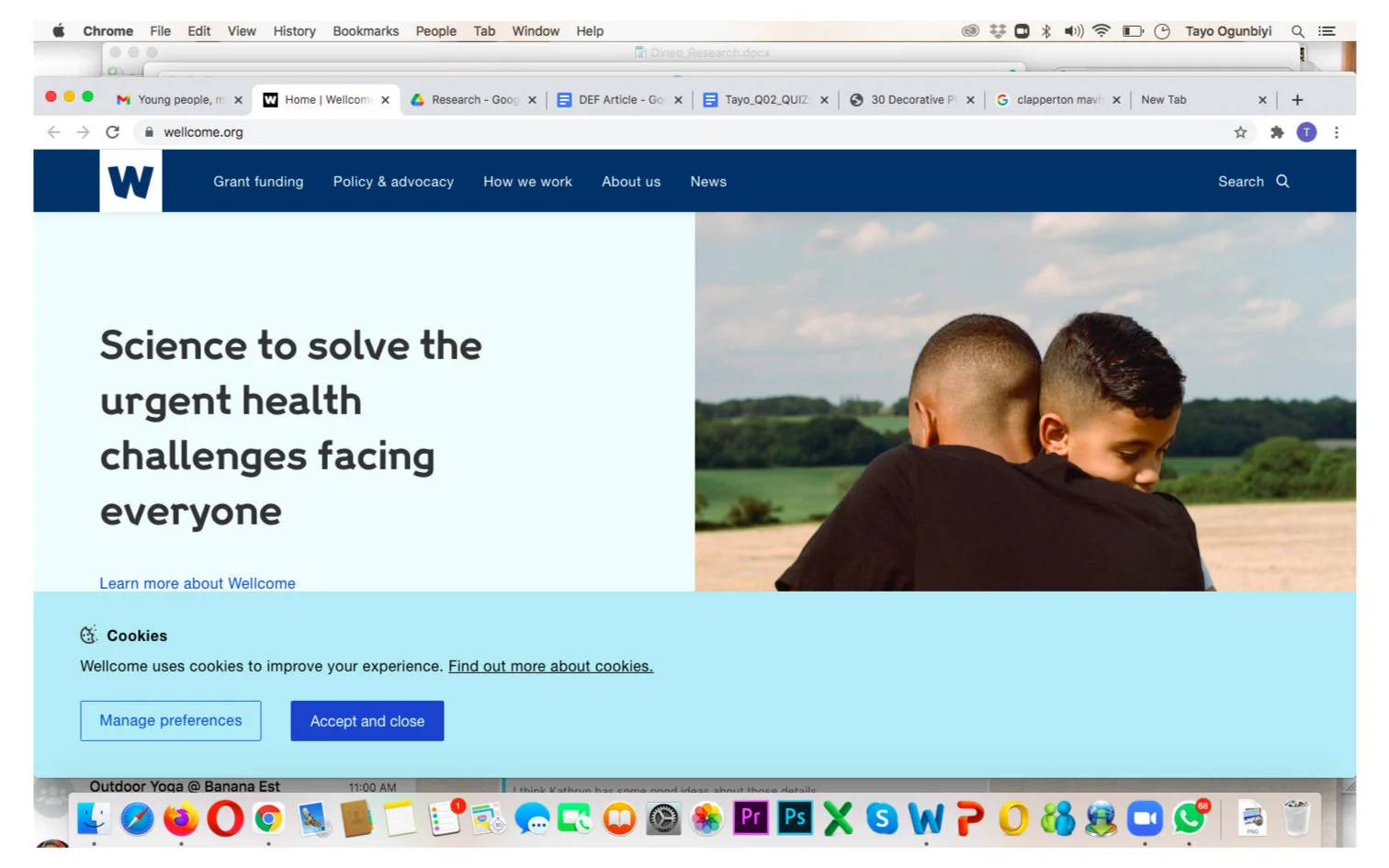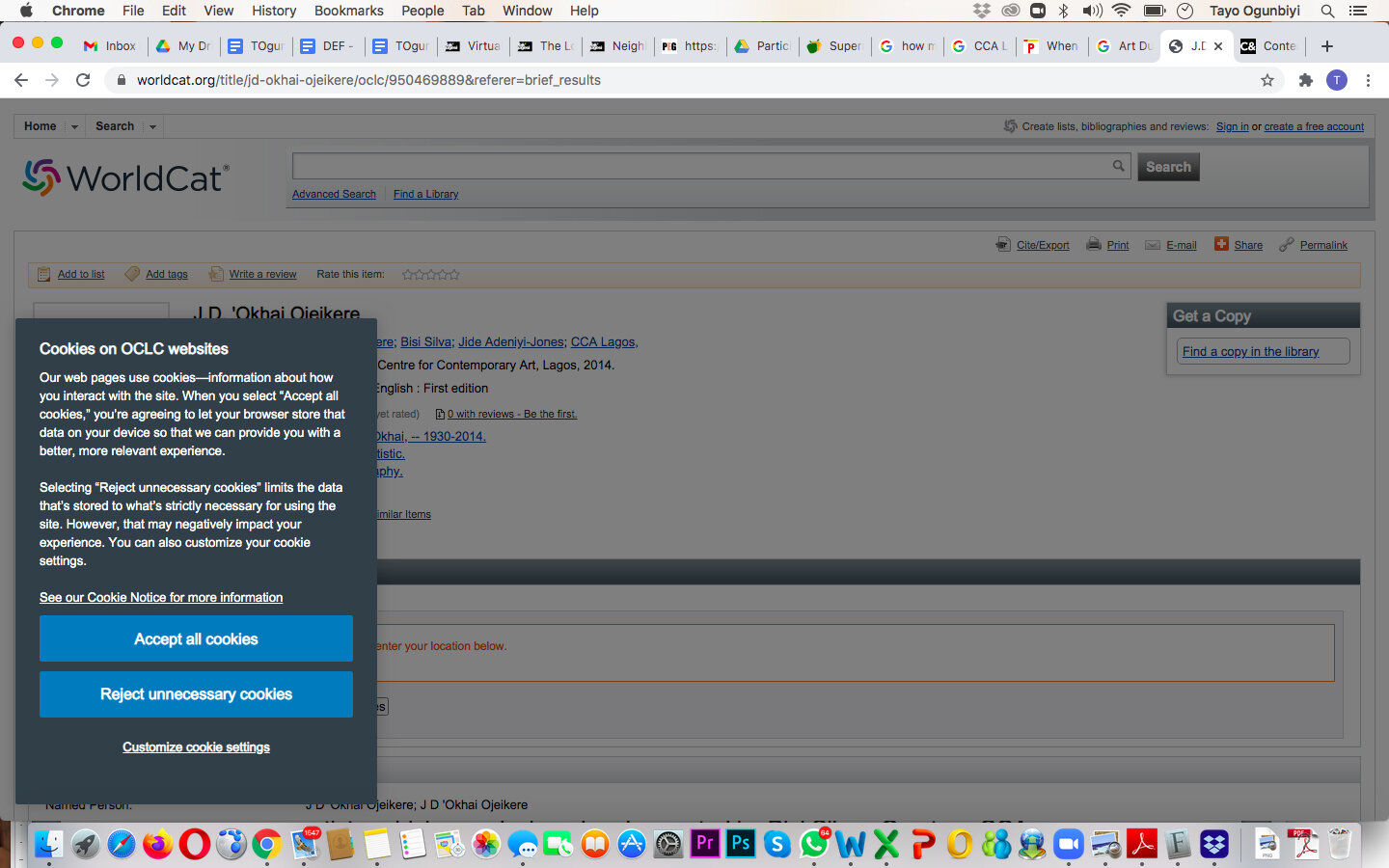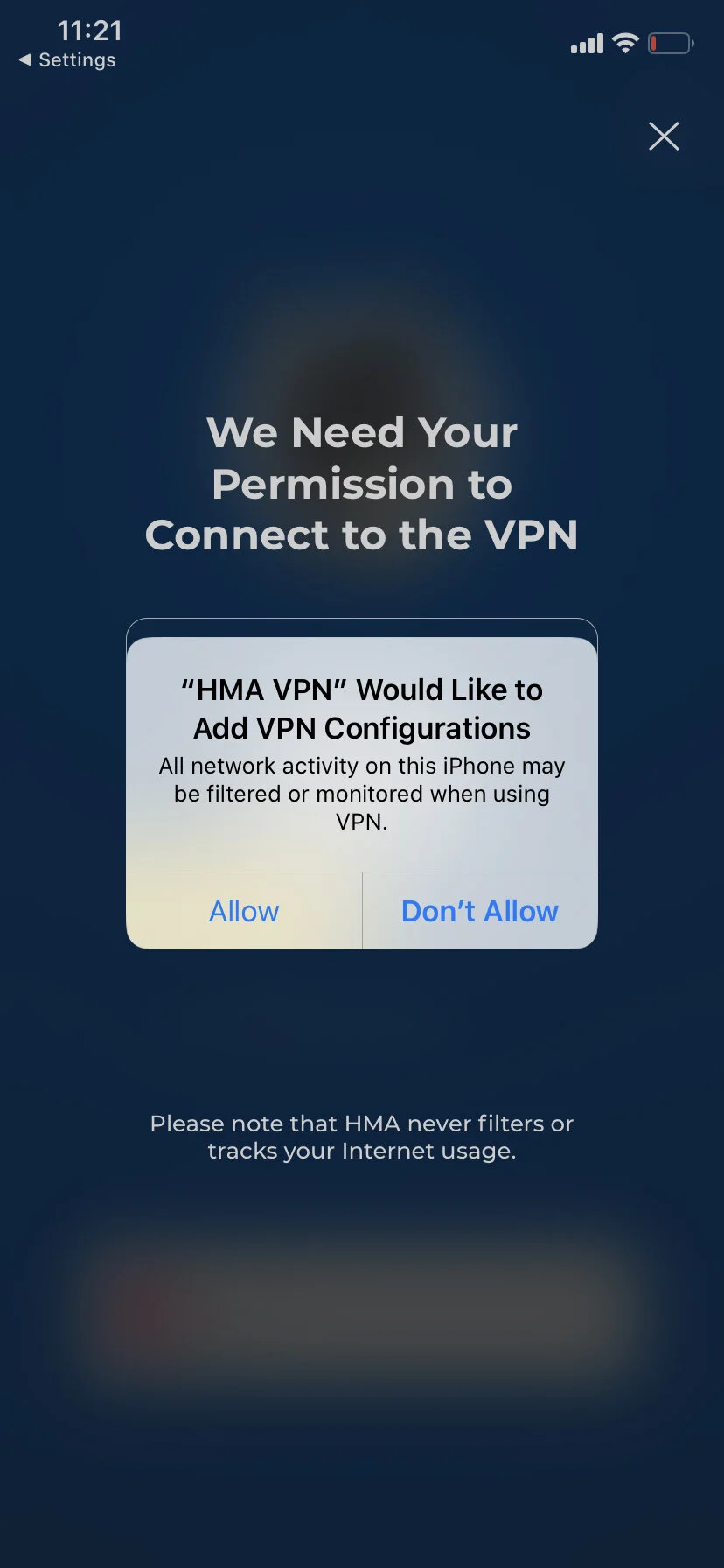Getting to Know You
Through notions of surveillance and an emphasis on the importance of human interaction, Temitayo Ogunbiyi directs a letter to tender ears to offer the considerations she has traversed during her fellowship. Play remains a central feature of her work, as she questions how playfulness can become a crucial part in the interplay between the observer and the observed in a digital environment
Dear Friend,
My Digital Earth journey began with surveillance, with ori inu, Yoruba for looking inward at oneself, which I interpret as looking at a collective predicament, on behalf of a continent or a globe, lumped together and carved apart. In researching, my hope had been to generate conversations that could ultimately lead to a redistribution of the digital economy for the African continent. I spoke with techpreneurs in Lagos in the hope of finding potential collaborators. Surveillance was bad. Other derivations of western hegemony were likely bad too.
Several months into the fellowship, I am now looking outwards, thinking of how specific experiences and where I am – in Nigeria, in Lagos, in Lekki, in Jamaica, in me – can lend perspectives to situations far away. How can we, you and me, present new associations between outlook and authorship? How can we have conversations that consider multiple knowledge systems for the sake of new perspectives on our collective present? I now feel surveillance and related constructs of western hegemony could be subverted in how and by whom they are used. Is the reclamation of these constructs in service to ourselves a beginning? I doubt how much we can free ourselves from what we have learned, or untangle ourselves from that which precedes us. Perhaps exposure to these systems is the only reason why we can critique these same systems. I watch how my daughter learns by using touch screens, and the advertisements she has memorized, and wonder how to disrupt the systems she consumes, and that are consuming her (thank you Sondra P), towards some end different from our present.
I am now interested in surveilling and being surveilled as modes of play. How can we create welcoming spaces for risky play that can serve diverse audiences in digital space? How can we learn about other people, knowledge systems, and perspectives through interactions online. I consider the degrees of safety, and privacy inherent in the communities I know and those I am compelled to seek. The latter, if I do not seek them, would not likely be known to me in sincerity. I am finding capitalism, and Catholicism zooming through cookies and chips.
As I continue to collect language and visuals that describe constructs of surveillance, I have somewhat come to terms with my desire to surveil others to know them according to their behaviors, needs, and preferences. I am also beginning to visualize a platform for hosting conversations and gatherings to discuss unique and specific notions of our present. And these exchanges aim to uncover what digital interaction can offer that physical interaction cannot. How can this specificity of knowledge disrupt the blanket terms such as African, Nigerian, Jamaican, American, mother, sister, woman? Connecting across time zones in this period of this fellowship has served as a reminder that we can choose to be in dialogue to confront our own assumptions, in the midst of restricted physical movement. How do we build connections and communities virtually, across differences, and in service to a future built on more considered understandings of our humanity?
A quote from our late Dorine Mokha that appears at the end of a recent Contemporary& article. I too would like to close with his words:
“Take good care of yourselves and your loved ones. Create an environment where they can be themselves, where they can, at the very least, approach you and tell you who they are.”
Environment can mean more than we are yet to imagine, and in the next few months, I hope to find a suitable framework for building new spaces as Dorine previously describes.
With appreciation,
Temitayo Ogunbiyi
9 February 2021
Select Resources
Appiah, Anthony, and Allen R. Grossman. In my father's house: Africa in the philosophy of culture. New York: Oxford University Press, 1992.
Benjamin, Ruha. Race after Technology: Abolitionist Tools for the New Jim Code. Oxford, England: Polity, 2019
Hendren, Sarah. What Can a Body Do?: How do we meet the built world?. New York: Riverhead Books, 2020.
Lange, Alexandra. The Design of Childhood: How the Material World Shapes Independent Kids. (London: Bloomsbury Publishing, 2020) Kindle.
Marx, Karl. Das Kapital, a Critique of Political Economy. Chicago :H. Regnery, 1959.
Mavhunga, Clapperton. What do science, technology and innovation mean from Africa? Cambridge: The MIT Press, 2017.
DuBois, W.E.B. and Lothrop Stoddard. A Debate: “Shall the Negro be encouraged to seek cultural equality?” (Has the Negro the Same Intellectual Capabilities of Other Races?). Debate. North Hall, The Coliseum. March 17, 1929. University of Massachusetts, ://credo.library.umass.edu/view/pageturn/mums312-b160-i451/#page/1/mode/1up
#tiogacounty #tiogapa
Rosary Prayers
Zoom conversation e-flyer, 2020. Electronic Arts, 2021. Courtesy the Artist.
Screenshot of WorldCat taken by Temitayo Ogunbiyi. Electronic Arts, 2020. Retrieved October 24, 2020 from www.worldcat.org/title/jd-okhai-ojeikere/oclc/950469889&referer=brief_results
Screenshot of Mullenlowenova website Trust website taken by Temitayo Ogunbiyi. Electronic Arts, 2021, Ogunbiyi Temitayo. Retrieved August, 26, 2020 from www.mullenlowenova.com.
Screenshot of HMA VPN taken by Temitayo Ogunbiyi. Electronic Arts, 2021. Retrieved October 13, 2020 from HMA VPN App.




